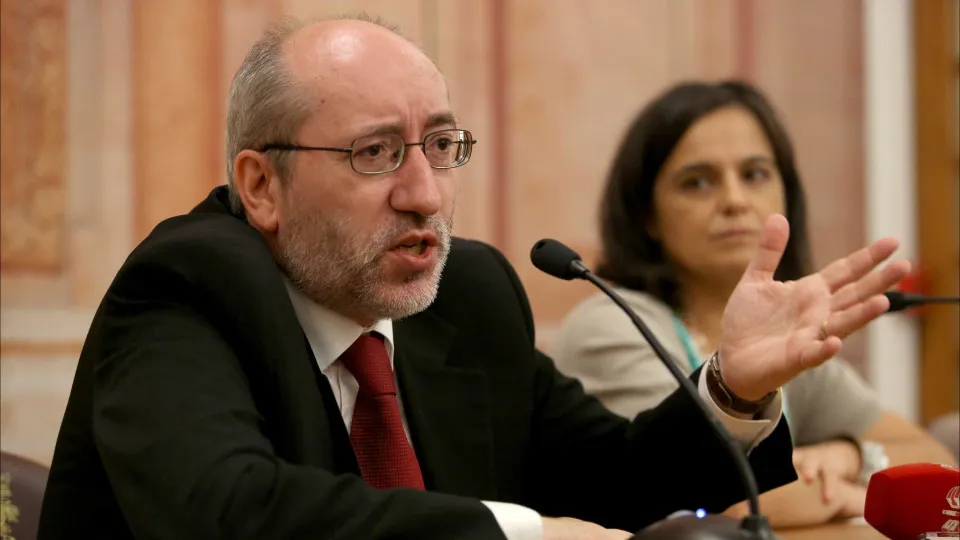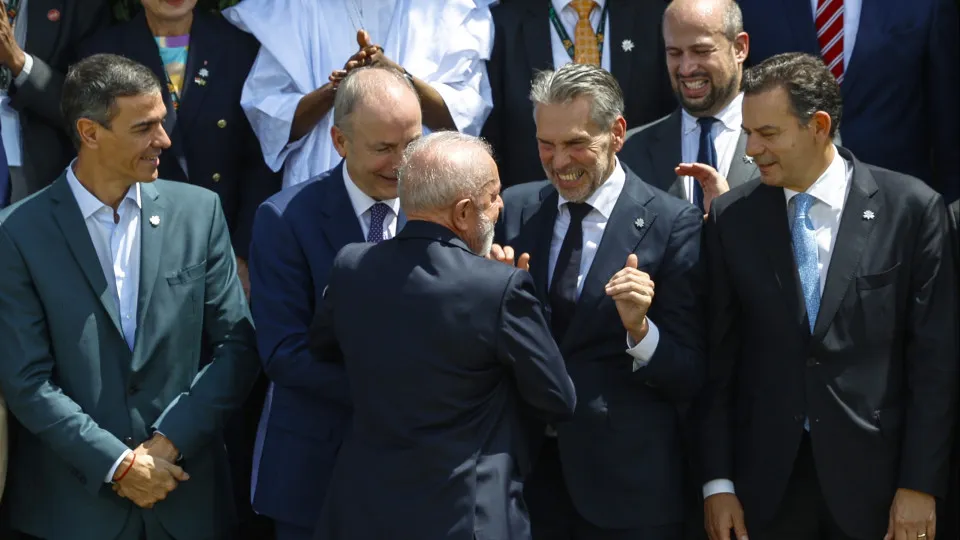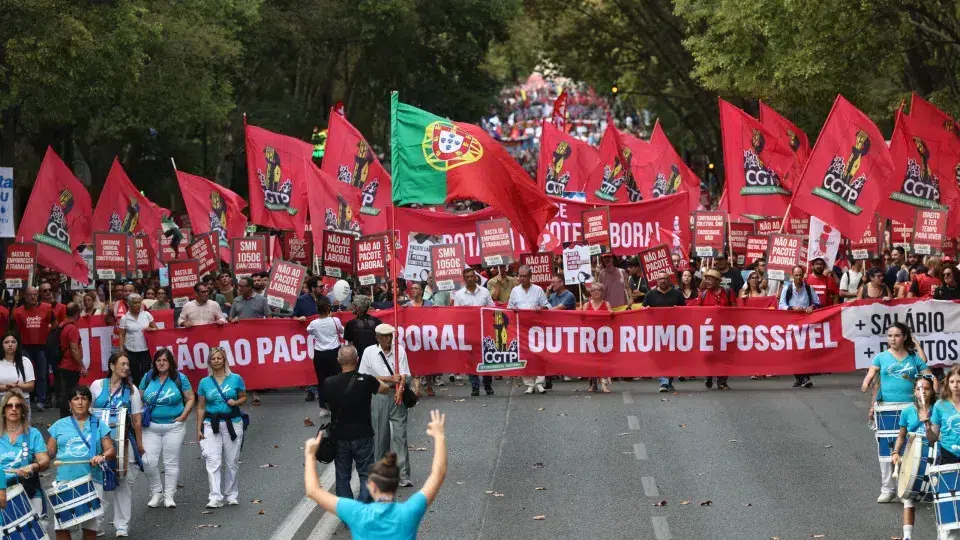
“We see that pacts do not solve anything. What works is having an investment policy in public service, in this case, the National Health Service (SNS),” stated António Filipe after meeting with the administration of the Local Health Unit of Trás-os-Montes and Alto Douro (ULSTMAD) in Vila Real.
When asked about the health pact proposed by President Marcelo Rebelo de Sousa, the candidate supported by the PCP mentioned he has witnessed numerous announcements of “dozens of pacts, for justice, health, regime pacts for this, regime pacts for that” throughout his life.
“And then we see nothing,” he insisted.
Therefore, he advocated for an investment policy in the SNS that “allows for the retention and attraction of professionals.”
He also asserted that the “SNS is not a negative example” for the country and that it is “a great value that the Portuguese people have,” while acknowledging his “great concern” about “a health policy that in recent years has led to the degradation of the National Health Service,” but he emphasized that “there are positive examples.”
Questioned about the challenge posed by fellow presidential candidate André Ventura for a debate on health, António Filipe expressed he is “not very interested in what” the Chega leader says.
“I am more interested in the real problems of the country, and I am not particularly interested in promoting candidate André Ventura. I know that is his goal, but he will not count on me for that,” he asserted.
António Filipe expressed hope that in the upcoming debates among the presidential candidates, health will be a “central issue,” along with the issue of labor.
“I believe what matters is that these elections address the problems that concern people. And, obviously, health is one of them, and very important. I think the issue of labor, which is on the table, with changes in labor laws is profoundly harmful to workers,” he stressed.
He further noted his intention to attend the demonstration organized by the CGTP on Saturday.
Regarding health, he considered that returning to the Public-Private Partnership (PPP) model “is a setback in terms of access to healthcare” and that if “the Government goes down that path,” he thinks “it’s a bad decision.”
About the Medical course approved this week for the University of Trás-os-Montes and Alto Douro (UTAD), in partnership with ULSTMAD, he said it “is good news” for this region and the country.
“I think the problem we have had was that there were significant delays in education in the field of Medicine, with more professionals retiring than students completing their medical courses to reinforce the SNS workforce,” he added.
After Vila Real, António Filipe proceeded to a meeting with the leadership of Casa do Douro in Peso da Régua, also in the Vila Real district, to understand the issues affecting this association and the Douro winegrowers.




